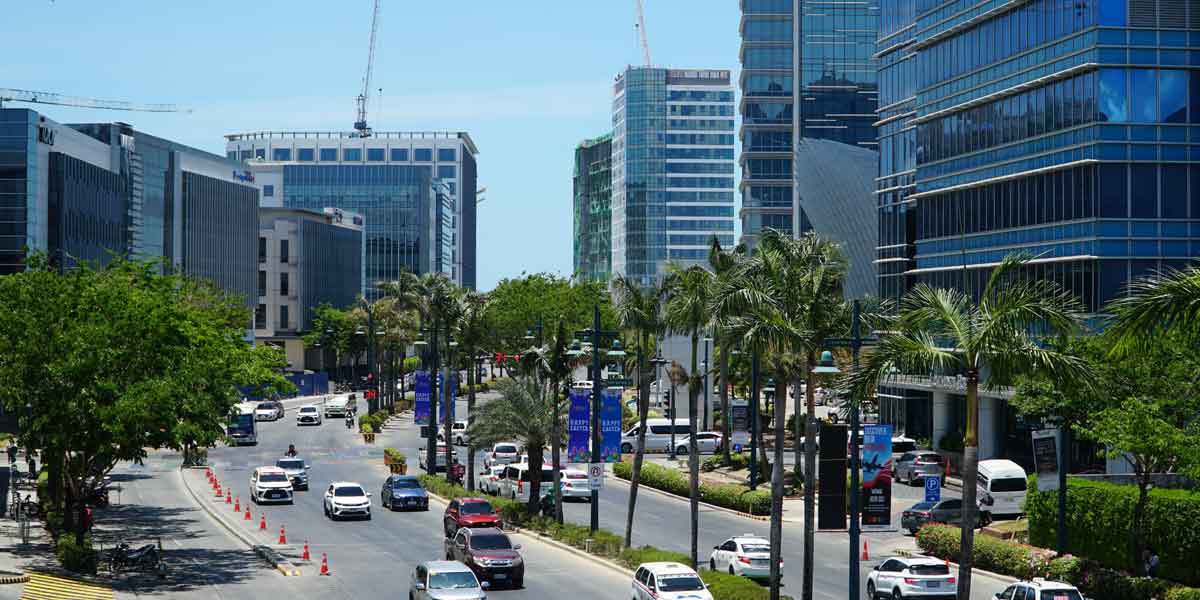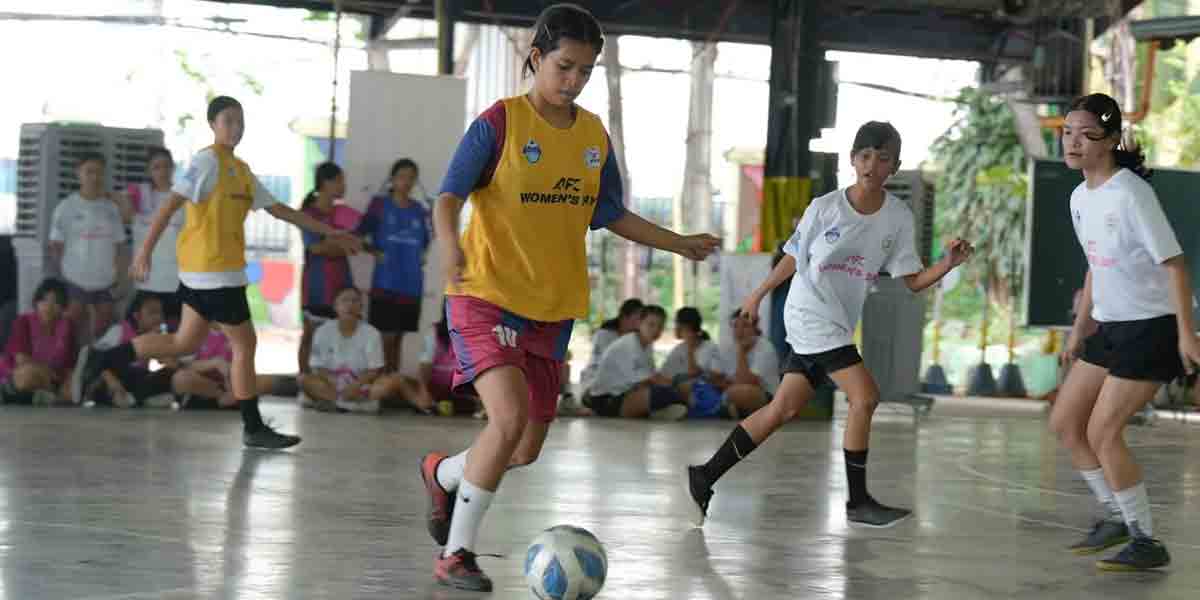By Mariela Angella Oladive
Iloilo has recorded a 47% drop in its two-week dengue case growth rate, signaling progress in the province’s fight against the mosquito-borne disease, according to the Provincial Health Office (PHO).
Despite the improvement, health officials are urging continuous vigilance, especially as the dry season begins and mosquito breeding sites may increase.
“While we’ve seen a 47% decrease in the two-week growth rate, there are still areas, such as Barotac Nuevo, Bingawan, Cabatuan, Pototan and San Dionisio, where cases are rising,” Iloilo Provincial Health Office head Dr. Maria Socorro Colmenares-Quiñon said in a statement on April 2.
As of March 29, Iloilo has recorded 1,223 dengue cases and seven deaths, an 83% increase compared to 668 cases and two deaths during the same period last year.
Among the 43 municipalities with reported cases, San Joaquin had the highest with 95, followed by Oton with 72, Leon with 70, and Cabatuan and Dumangas with 56 each.
Fatalities were reported in Pototan and Carles with two each, and one each in Oton, Tigbauan and Balasan.
Meanwhile, dengue clustering—defined as three or more cases recorded within four consecutive weeks—declined from 20 barangays in 13 municipalities to 15 barangays in 11 municipalities.
Quiñon thanked local schools, government agencies and barangay communities for their participation in dengue prevention efforts.
“We have seen improvements, but we can’t afford to be complacent,” she said.
“We must sustain our efforts, especially during the dry season, which could lead to water shortages. Since people may tend to store water, it’s crucial to remind residents to properly cover containers to prevent mosquito breeding,” she added.
To reinforce the campaign, Gov. Arthur Defensor Jr. earlier issued Executive Order No. 29, Series of 2025, mandating all 43 local government units (LGUs) to implement a weekly cleanup drive dubbed “Limpyo Iloilo, Kada Lunes nga Lihok Kontra Lamok” (Clean Iloilo, Every Monday Movement Against Mosquitoes).
The order requires communities to mobilize every Monday at 4 p.m., with sirens from government vehicles or church bells signaling the start of the activity.
All sectors—including government offices, schools, workplaces, businesses and households—are expected to participate.
Cleanup efforts will focus on eliminating mosquito breeding sites such as water-holding containers including buckets, tires, flower pots, bottles, roofing gutters, drums and tubs.
The City or Municipal Environment and Natural Resources Offices (C/MENRO) will lead implementation through the Solid Waste Management Program.
The City or Municipal Health Offices (C/MHO) will handle information dissemination and coordination with barangays, schools and other local offices.
School involvement will be ensured by the Provincial School Board in coordination with local Anti-Dengue Task Forces.
The campaign also includes larval surveillance and entomological surveys to assess mosquito larvae levels and guide targeted interventions such as indoor residual spraying or fogging.
Follow-up surveys will be conducted two weeks after each intervention, with additional measures implemented if mosquito populations remain high.
















